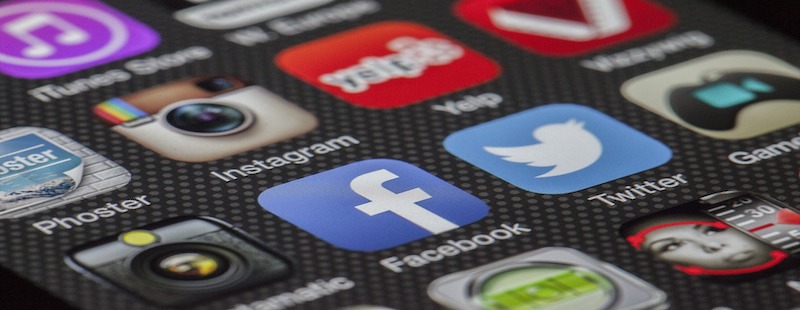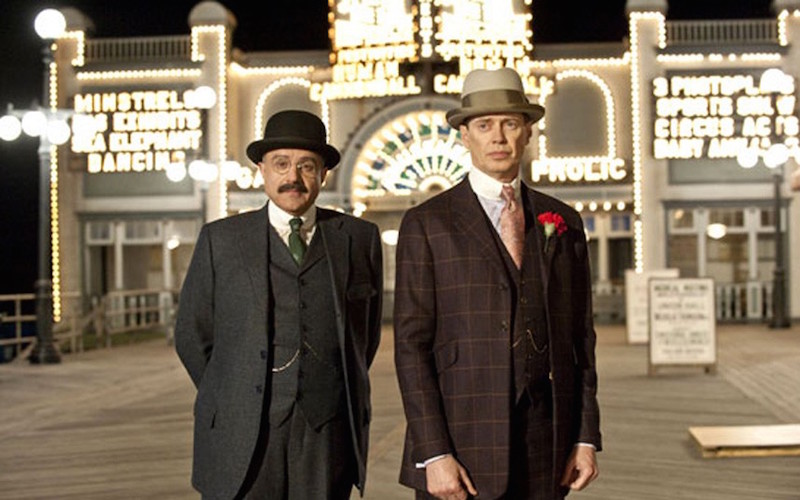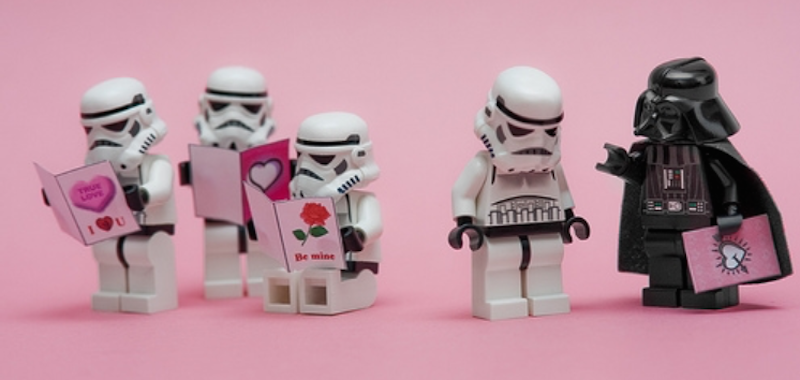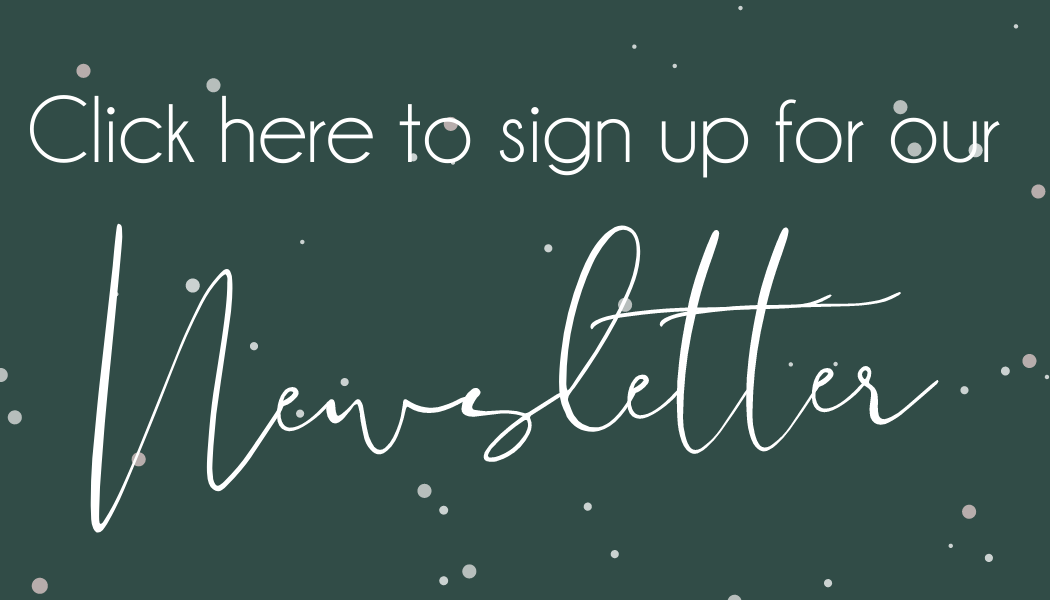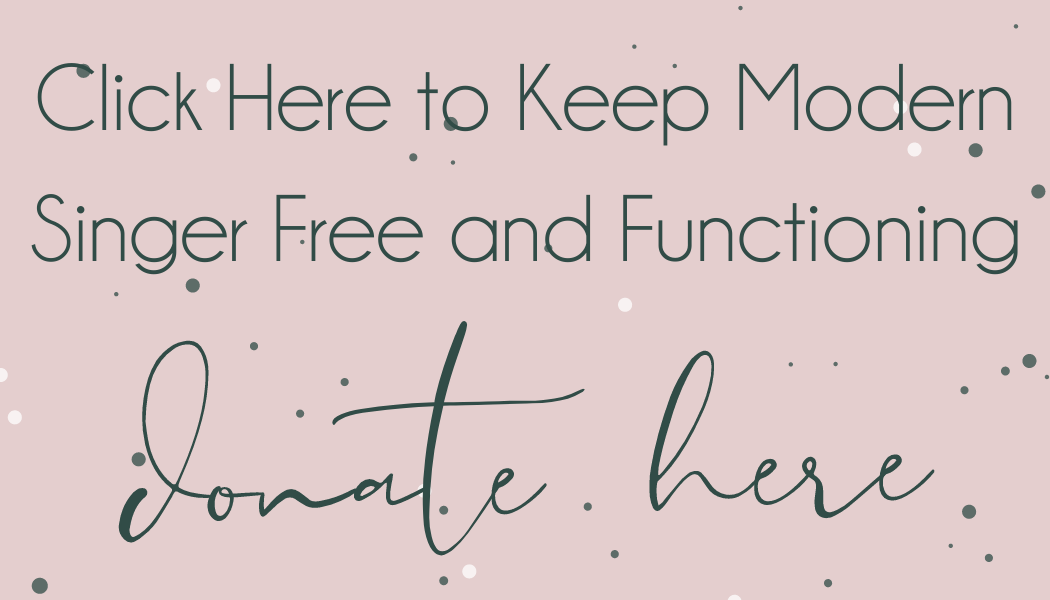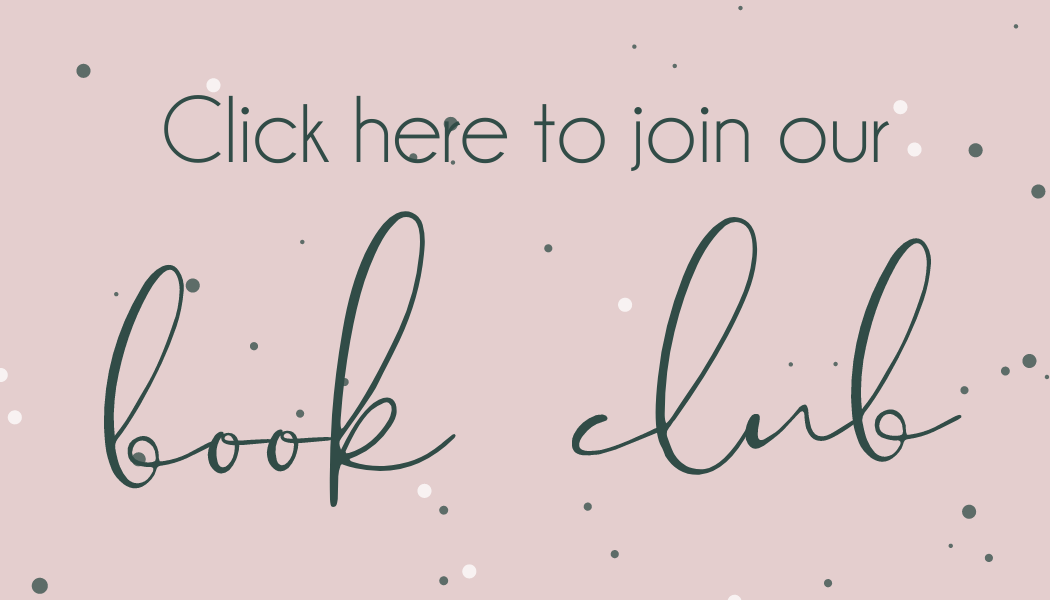Public vs. Private: How to Balance your Online Presence
The rise of social media has given singers endless opportunities to self-market, connect with audiences, and display their talents to the world. Between Facebook, Instagram, Twitter, YouTube, and more, we can share every aspect of our lives with the internet, from what we eat to where we travel to what we're working on in the practice room. Performers are used to having their lives on display - we do it for a living - but how much exposure is too much? Mindful monitoring of social media content is vital for keeping your personal information private, while still giving fans and employers a chance to see your work. Use these guidelines to determine which social media accounts you should share publicly with the world and which accounts should be kept private between you and your friends.
Websites
As a performer, you are your own business, and your website is your virtual storefront. Your website should be the epitome of your public persona as a professional singer, where you can and should showcase your best materials. Make sure it is regularly updated with your performance information, current photos, and contact information you'd be willing to share with the internet, such as a separate professional email account or links to your public social media accounts. If you would not show a photo or video to an audition panel, you should think twice before putting it on your website.
For more information on building a professional website, check out "How to Build Your Best Website"
A professional Facebook page is the perfect way to engage with fans online. Unlike your website, your Facebook page will send notifications to your followers when you post updates, allowing you to tell potential patrons when and where you will be performing next. Through Facebook's Pages app, you can add events, post photos and videos, make comments, and go live on your page's profile without interfering with your personal Facebook account. A Facebook page and its events will also show up on Facebook and internet searches, inviting new fans to look at your materials without having to be your Facebook friend. Your page can include a personal bio, a link to your website, and your professional email so your followers can get in touch or book you for a gig.
A public professional Facebook page allows your personal account to remain private. Photos from your family vacations, check-ins at restaurants, reposts of political articles - this content should be reserved for your friends and family. Give the public the opportunity to follow a page with carefully curated content so you do not have to accept friend requests from strangers, and keep your day-to-day activities between yourself and your actual friends.
Since Instagram is completely photo-based, it's a great platform for performers. With one look at your profile, a follower sees a visual scrapbook of your life and starts to understand who you are as an artist and person. Some singers choose to have a professional Instagram account as well as a personal account - this choice is completely based on preference.
An Instagram account has a much more casual feel than a Facebook page. This is where you can post your headshots and production photos, but also that selfie you took with the director, the photos backstage from tech week, or the quick snaps from post-show dinner with the cast. You can also use your Instagram account to share things about who you are as a person - that cute photo of you and your dog might not belong on your website, but it's sure to get a like or two from your fan base. Audiences love to see this behind-the-scenes content, and Instagram is the perfect platform to share it on. Unlike Facebook, Instagram doesn't require you to friend a stranger in order for them to follow you, so you can keep your feed free of unwanted content.
So, should you have two accounts? That depends. If your personal account contains decent-quality photos with captions and content that are appropriate for the public, and if you are posting headshots or production photos along with those photos of your dog, there's no reason to have two accounts. It's easy to curate a single, public Instagram account that works for your fans while still being personal enough for your friends and family. However, if your personal Instagram contains more private content than you feel comfortable sharing, or if it's not quite as professional-looking as you might like (i.e. grainy photos, inappropriate captions/comments, no career-based content), make your personal account private and create a separate public performer's account. Make sure to post regularly on this account as well, and try including a photo or two of your life off the stage so you can still give your fan base a peek behind-the-scenes.
Like Instagram, Twitter is a more informal, conversational platform where performers can engage directly with audiences. Very few singers have separate public and personal twitter accounts; 280-character tweets don't give much room for all of the professional information you might share on your website or Facebook page. Twitter is much more useful as a means of sharing your off-stage personality with followers. Your audiences may love getting to know you through short, snappy one-liners and day-to-day observations. Similar to Instagram, a follow from a fan does not require you to follow back, making a public Twitter account much easier to maintain.
If you feel comfortable sharing your tweets with the world, go ahead and make your account public. However, if your tweets are on the racier side or contain very personal information, make your account private so you can monitor your followers. While your Twitter does not need to be as professional as a website or Facebook page, it does need to be checked for content. Public tweets tied to your name will show up in internet searches, meaning any agent or casting director will be able to see your Twitter thoughts, so keep that in mind before you post.
YouTube
A YouTube account can be a singer's best friend or worst enemy, depending on how closely it is monitored. As performers, our videos are vital for showing our talents off to potential employers and paying audience members. YouTube is a great platform to display your videos, as long as those videos are representative of how you sound and how you present yourself as an artist. Like your website, any video posted with your name attached should something you would willingly show to an audition panel. Videos that do not hit that bar (i.e. that video of your high school choir solo, the home movie you made when you were ten, your class project from freshman year) should be taken down or made private.
There's a huge virtual world out there with a hundred opportunities to connect with friends and fans alike. Use the internet to your advantage and make sure you are sharing the content you want with the people you want to see it. Before you make an account public, ask yourself the following questions:
Does this account represent you as an artist and colleague?
Would you feel comfortable if a potential employer saw this account?
Can you commit to regularly updating this account and monitoring it for outdated content?
Will this account help you reach out to potential audiences and market yourself as a performer?
If you answer "no" to any of these questions for one of your social media accounts, consider making that account private. Remember, your public online presence can be the first impression you make to an employer, fan, or fellow artist. Make sure it's a first impression that presents you in your best light.

